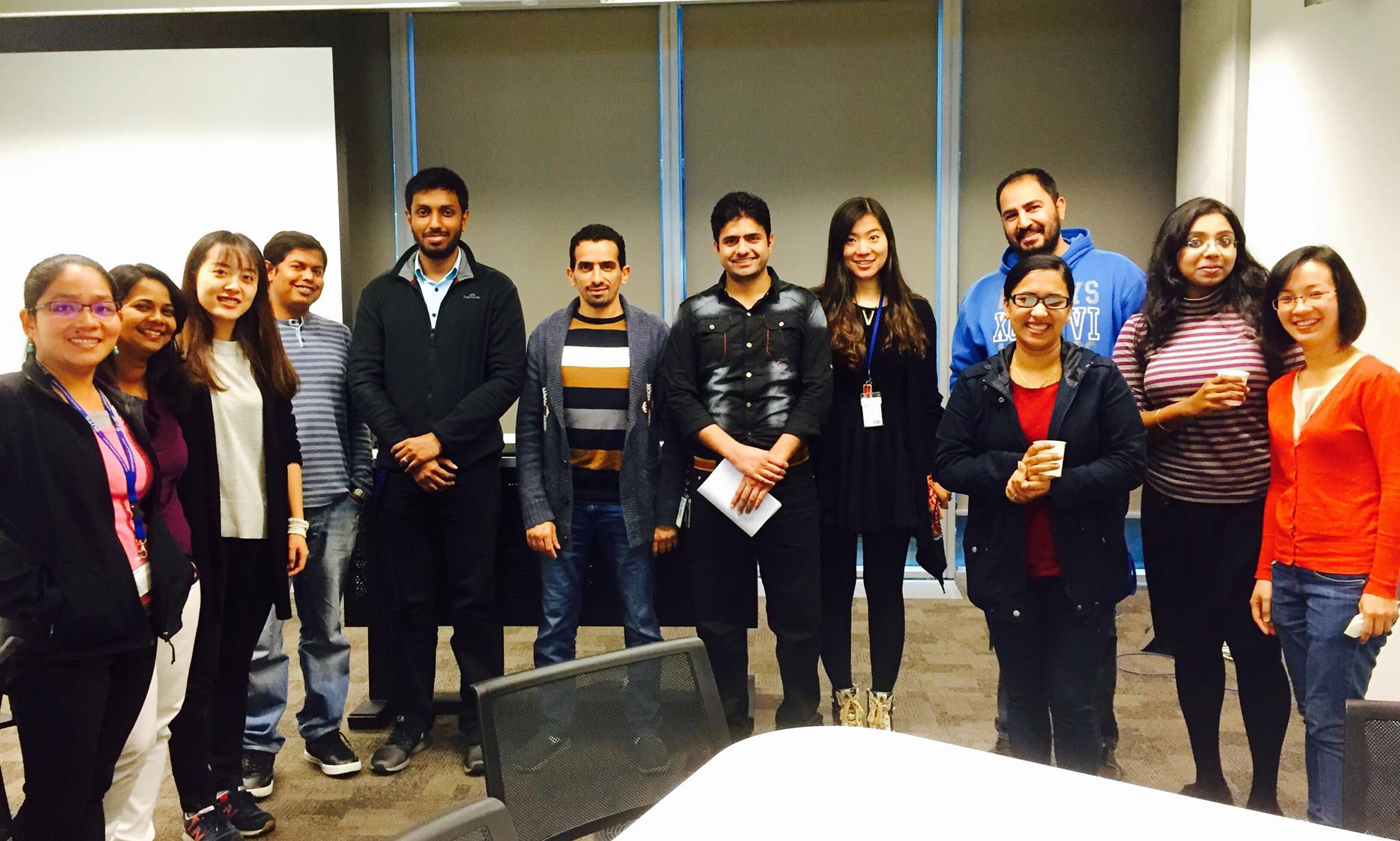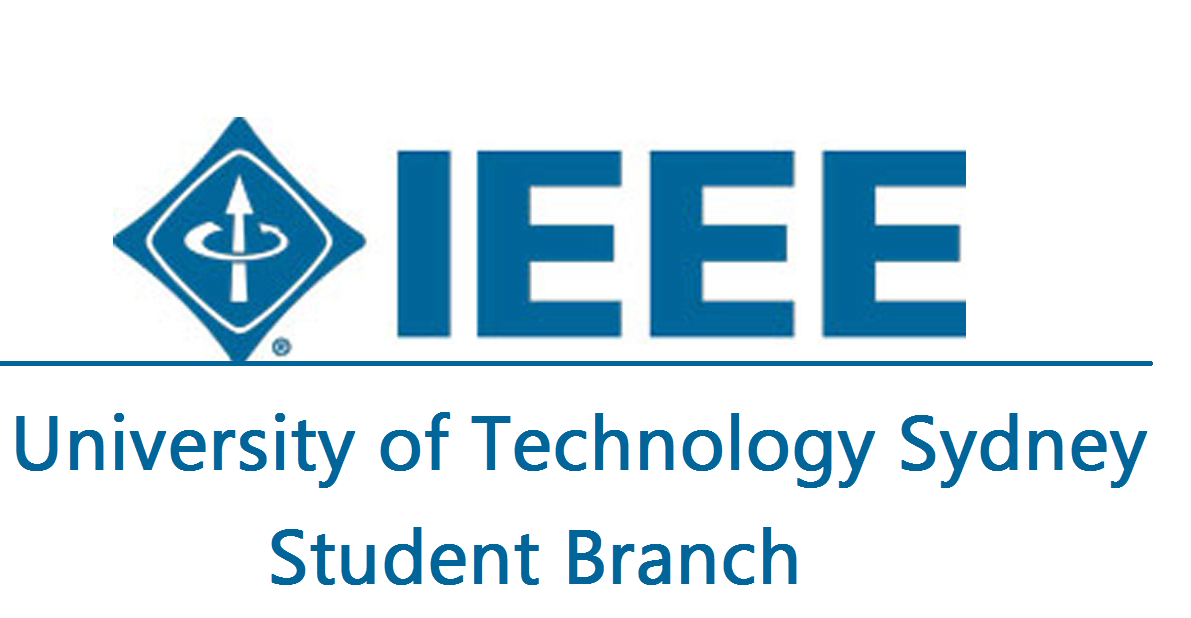Events
Table of Contents
- 2025
- 2024
- Embedded AI for 6G NTN Applications (2 August 2024)
- IEEE NSW CIS Chapter Seminar: Aligning Language Agents' Behaviours with Human Moral Norms (9 May 2024)
- IEEE EDS Distinguished Lecturer Seminar: Graphene and WSe2-Based Self-Driven Photodetectors (29 May 2024)
- IEEE MTT-S Distinguished Microwave Lecture: Microwave Photonic Radars (8 April 2024)
- IEEE UTS Student Branch Honors International Women's Day (8 March 2024)
- Rethinking the Human-Robot Relationship (11 April 2024)
- Wireless Power Innovations with Prof. Chi-Kwan Lee (28 February 2024)
- 2023
- 2016
2025
IEEE UTS Student Branch Celebrates International Women's Day (8th March 2025)
The IEEE Student Branch at the University of Technology Sydney proudly celebrated International Women's Day on March 8, 2025, reaffirming its ongoing dedication to diversity, equity, and inclusion in STEM. Led by Chair Shaghayegh Chamani, Xingyu Cheng (Event Leader), and Fanchao Zeng (Engagement Committee) — this year’s event was themed "Inspire Inclusion."
The celebration featured a panel discussion with distinguished female leaders in engineering and technology, interactive workshops on leadership and career development, and a networking session for students and professionals. The event provided a platform to recognize and amplify the voices of women in STEM, inspiring students of all backgrounds to pursue their passions with confidence and resilience.



As a gesture of appreciation and encouragement, the IEEE UTS Student Branch also gifted notebooks, flowers, and personalized water bottles to female researchers working and studying in STEM fields. These thoughtful tokens served not only as symbols of recognition, but also as a celebration of the dedication, intelligence, and perseverance of women in science and engineering.
Through this event, the IEEE UTS Student Branch reinforced its commitment to supporting gender equality and creating an inclusive environment where innovation and diverse perspectives can thrive. The celebration served as a reminder of the vital role women play in shaping the future of science and technology.
IEEE UTS Student Branch Celebrates International Engineering Day (4th March 2025)
The IEEE Student Branch at the University of Technology Sydney marked World Engineering Day for Sustainable Development on March 4, 2025, with a vibrant and inspiring celebration. This international day recognizes the critical role of engineering in driving innovation and building a better, more sustainable future.
Led by Chair Shaghayegh Chamani, Xingyu Cheng (Event Leader), and Fanchao Zeng (Engagement Committee), the event brought together students, academics, and industry professionals to highlight the contributions of engineers to global progress. Themed "Engineering for a Sustainable Tomorrow," the event featured keynote speeches from accomplished engineers, hands-on sustainability design challenges, and a technology showcase by student research groups.




To honor the dedication and impact of engineers across all disciplines, the IEEE UTS Student Branch also distributed appreciation gifts—including eco-friendly notebooks and reusable water bottles—to participating students and early-career engineers. These tokens symbolized the spirit of innovation, resilience, and problem-solving that define the engineering profession.
The event not only celebrated the achievements of engineers past and present but also encouraged students to consider how their skills can shape a more inclusive and sustainable world. Through this initiative, the IEEE UTS Student Branch reinforced its commitment to empowering the next generation of engineers to lead with creativity, ethics, and purpose.
2024
Embedded AI for 6G NTN Applications (2 August 2024)
We had the great pleasure of hosting an engaging seminar at the UTS Faculty of Engineering and IT, University of Technology Sydney, featuring Prof. Symeon Chatzinotas, a Full Professor/Chief Scientist I and Head of the SIGCOM research group at the University of Luxembourg.
In the past, he has lectured as Visiting Professor at the University of Parma, Italy and contributed in numerous R&D projects for the Institute of Telematics and Informatics, Center of Research and Technology Hellas and Mobile Communications Research Group, Center of Communication Systems Research, University of Surrey.
He received an M.Eng. in Telecommunications from Aristotle University of Thessaloniki, Greece and an M.Sc. and Ph.D. in Electronic Engineering from the University of Surrey, UK, in 2003, 2006 and 2009 respectively.
He has authored more than 800 technical papers in refereed international journals, conferences and scientific books and has received numerous awards and recognitions, including the IEEE Fellowship and an IEEE Distinguished Contributions Award. He is currently in the editorial board of the IEEE Transactions on Communications, IEEE Open Journal of Vehicular Technology and the International Journal of Satellite Communications and Networking.
Prof. Chatzinotas, a Fellow of IEEE, shared his valuable insights and expertise with us on Friday, 2 August.



IEEE NSW CIS Chapter Seminar & The UTS AAII Research Seminar Series 4: Aligning Language Agents' Behaviours with Human Moral Norms (9 May 2024)
Event Details
| Date: | 9 May 2024 |
|---|---|
| Time: | 2:00 PM to 3:00 PM |
| Where: | CB11.09.118 University of Technology Sydney UTS/FEIT (building 11, Broadway) , New South Wales Australia 2007 |
Abstract: Language agents, designed to interact with their environment and achieve goals through natural language, traditionally rely on Reinforcement Learning (RL). The emergence of Large Language Models (LLMs) has expanded their capabilities, offering greater autonomy and adaptability. However, there's been little attention on augmenting the morality of these agents. RL agents are often programmed with a focus on specific goals, neglecting moral consequences, while LLMs might incorporate biases from their training data, which could lead to immoral behaviours in practical applications. This presentation introduces our latest research endeavors focused on enhancing both the task performance and ethical conduct of language agents involved in intricate interactive tasks. For RL agents, we use text-based games as a simulation environment, mirroring real-world complexities with embedded moral dilemmas. Our objective thus extends beyond improving game performance to developing agents that exhibit moral behaviour. We first develop a novel algorithm that boosts the moral reasoning of RL agents using a moral-aware learning module, enabling adaptive learning of task execution and ethical behavior. Cconsidering the implicit nature of morality, we further integrate a cost-effective human-in-the-loop strategy to guide RL agents toward moral decision-making. This method significantly reduces the necessary human feedback, demonstrating that minimal human input can enhance task performance and diminish immoral behaviour. Shifting focus to LLM agents, we begin with a comprehensive review of morality in LLM research, scrutinizing their moral task performance, alignment strategies for moral incorporation, and the evaluation metrics provided by existing datasets and benchmarks. We then explore how LLM agents can improve their moral decision-making through reflection. Our experiments, conducted within text-based games, show that integrating reflection enables LLM agents to make more ethical decisions when confronted with moral dilemmas.
About: Ling Chen is a Professor in the School of Computer Science at the University of Technology Sydney. She is the Deputy Head of School (Research). She also leads the Data Science and Knowledge Discovery Laboratory (The DSKD Lab) within the Australian Artificial Intelligence Institute (AAII) at UTS. Ling has been persistently working in the area of machine learning and data mining for 20 years. Her recent research interests include anomaly detection, data representation learning, and dialogues and interactive systems. Ling’s research has gained recognition from both government agencies, receiving multiple competitive grants from Australian Research Council (ARC), and industry partners, with gift and contracted research support from entities like Facebook Research and TPG Telecom. Ling serves as an Editorial Board member for journals including the IEEE Journal of Social Computing, the Elsevier Journal of Data and Knowledge Engineering and the Computer Standards and Interfaces.
IEEE EDS Distinguished Lecturer Seminar: Graphene and WSe2-Based Self-Driven Photodetectors (29 May 2024)
Event Details
| Date: | 29 May 2024 |
|---|---|
| Time: | 11:00 AM to 12:00 PM |
| Where: | Level 6 room 408, Building 11 University of Technology Sydney UTS/FEIT (building 11, Broadway) , New South Wales Australia 2007 |
Abstract: The advent of graphene and other 2D materials offers great potential for optoelectronics applications. Various device structures and novel mechanisms have been proposed to realize photodetectors with unique detecting properties. In this talk, we report the results for two metal-semiconductor-metal (MSM) photodetectors with asymmetric contacts based on graphene and a member of the transition metal dichalcogenides family, WSe2, which enable the self-driven characteristics that is absent in conventional MSM photodetectors. In the first configuration (Au-WSe2-Graphene), both the Au-WSe2 and WSe2-Graphene contacts are formed by PDMS-mediated dry transfer techniques, with two asymmetrical van der Waals contacts formed to yield the proposed structure. When the device is under illumination at a wavelength of 650 nm, a large photocurrent is measured. Further, an open-circuit voltage Voc and a short-circuit current Isc are clearly observed, indicating the self-driven properties of the MSM photodetectors. The Voc and Isc can also be tuned by a back-gate voltage, which results from the tunable Schottky barrier height along with the gate tunable carrier concentration in WSe2. In the second device configuration (Au-WSe2-Au), the same type of Schottky barrier is formed while the contact lengths of the two Au-WSe2 junctions are designed and fashioned to be different to result in a net Isc. This self-driven photodetector with asymmetric contacts has great potential for low-power or even powerless operation. Combining the wide spectra covered by various 2D materials with different bandgaps, it is expected that the self-driven 2D-materials-based photodetectors can supplement the current mainstream silicon and compound semiconductor-based photodetectors which can only detect a narrow range of the optical spectrum.

About: Cary Y. Yang received the B.S., M.S., and Ph.D. degrees in electrical engineering from the University of Pennsylvania. After working at M.I.T., NASA Ames Research Center, and Stanford University on electronic and nanostructure properties of surfaces and interfaces, he founded Surface Analytic Research, a Silicon Valley company focusing on sponsored research projects related to various applications of surfaces and nanostructures. He joined Santa Clara University (SCU) in 1983 and is currently Professor of Electrical and Computer Engineering and Director of TENT Laboratory, a SCU facility located inside NASA Ames. He was the Founding Director of Microelectronics Laboratory and Center for Nanostructures, and served as Chair of Electrical Engineering and Associate Dean of Engineering at Santa Clara. His research spans from silicon-based nanoelectronics and nanocarbon on-chip interconnects, to nanostructure interfaces in electronic, optoelectronic, biological, and energy-storage systems, much of which in collaboration with industry, government labs, and academia world-wide. An IEEE Life Fellow, he served as Editor of the IEEE Transactions on Electron Devices, President of the IEEE Electron Devices Society, and elected member of the IEEE Board of Directors. He was appointed Vice Chair of the IEEE Awards Board in 2013 and 2014. He received the 2004 IEEE Educational Activities Board Meritorious Achievement Award in Continuing Education "for extensive and innovative contributions to the continuing education of working professionals in the field of micro/nanoelectronics," and the 2005 IEEE Electron Devices Society Distinguished Service Award. From 2008 to 2013, he held the Bao Yugang Chair Professorship at Zhejiang University in China.
IEEE MTT-S Distinguished Microwave Lecture: Microwave Photonic Radars: What Can Photonics Bring to Radars? (8 April 2024)
As the only method for all-weather and long-distance target detection and recognition, radar has been intensively studied since it was proposed, and is considered as an essential sensor for future intelligent society. In the past few decades, great efforts have been devoted to improving radar’s functionality, precision, and response time, of which the key is to generate, control, and process a wideband signal at a high speed. Thanks to the high frequency, large bandwidth, low loss transmission, and electromagnetic immunity provided by modern photonics, implementation of the radars in the optical domain can provide better performance in terms of resolution, coverage, and speed which may not be achievable using traditional, even state-of-the-art electronics. In this talk, I'll give an overview of the photonic technologies that are currently known to be attractive for radars. System architectures and their performance that may interest the radar society are emphasized. Emerging technologies in this area and possible future research directions are discussed.

Biography: Shilong Pan is currently a professor at Nanjing University of Aeronautics and Astronautics, China. His research has focused on microwave photonics, which includes optical generation and processing of microwave signals, analog photonic links, photonic microwave measurement, and integrated microwave photonics. He has authored or co-authored over 300 papers in peer-reviewed journals. Prof. Pan is currently a deputy Editor of Chinese Optics Letters, an associate editor of IEEE/Optica Journal of Lightwave Technology and IEEE Transactions on Microwave Theory and Techniques and is the vice chair of IEEE MTT-22 Microwave Photonics. He has also served as a Chair of a number of international conferences, symposia, and workshops, including the TPC Chair of IEEE ICOCN 2015, the TPC chair of IEEE MWP2023, a TPC Co-chair of IEEE MWP2017, and a General Co-chair of IEEE MWP2021. Prof. Pan is a Fellow of IEEE, Optica, and SPIE. He was selected as an IEEE Photonics Society Distinguished Lecturer in 2019 and an IEEE MTT-S Distinguished Microwave Lecturer in 2022, and was a recipient of IEEE MTT-S Outstanding Young Engineer Award in 2021.
IEEE UTS Student Branch Honors International Women's Day (8th March 2024)
The IEEE Student Branch at the University of Technology Sydney celebrated International Women's Day on March 8, 2024, with enthusiasm and dedication. Organized by the Chair, Mohammad (Behdad) Jamshidi, and the women's executive board, including Shaghayegh Chamani, WiE Affinity Chairwoman, Maryam Fallahpoor, WiE Affinity Vice-Chairwoman, and Mina Feizi, Event Leader, the event showcased the commitment of the IEEE UTS SB to gender equality and empowerment in STEM fields. It emphasized the significance of supporting and celebrating women's achievements in engineering and information technology, aligning with global efforts to promote diversity and inclusion within the tech industry. This celebration not only honored women's contributions but also inspired the community to continue advocating for gender balance in STEM.





Rethinking the Human-Robot Relationship (11 April 2024)
Event Details
| Date: | Thursday 11 April 2024 |
|---|---|
| Time: | 12:00 pm - 1:15 pm |
| Where: | Room 100, Level 0, Building 11 (CB11.00.100) Faculty of Engineering and Information Technology, University of Technology Sydney 81 Broadway, Ultimo NSW 2007, Australia |
| RSVP: | This is an in-person event with light refreshments. Please register your attendance. |
| Contact: | Bianca Brymer |
As robotics and AI technologies rapidly advance, the relationship between humans and AI-powered robots is undergoing profound transformations. In this talk, we will review the evolution of human-robot relationships, discuss technological advances, including research conducted over the last 20 years at UTS. Prof.Liu will also delve into the dynamics of collaboration between humans and robots, examining issues such as trust, role change, human-centered design, computational modelling, and interface. Additionally, we will cover many questions about ethical considerations, cultural perspectives, and regulations to govern the development and deployment of intelligent robotics technology. Our aim is to contribute to a more ethical and harmonious human-robot relationship by fostering dialogue and collaboration among stakeholders.

UTS IEEE SB Members Dive into Wireless Power Innovations with Prof. Chi-Kwan Lee (28 February 2024)
Members of the University of Technology Sydney's IEEE Student Branch from the School of Electrical and Data Engineering, Faculty of Engineering and IT, attended a groundbreaking presentation on "Wireless Power Transfer: Materials, Circuits, and Applications" on 28 February 2024. The event featured esteemed Prof. Chi-Kwan Lee, a Senior Member of IEEE and a 2015 IEEE Power Electronics Society Transactions First Prize Paper Award recipient. Prof. Lee, who has significantly contributed to the field through his role in the IEEE PELS Workshop on Emerging Technologies: Wireless Power and as an Associate Editor for key IEEE journals, shared insights into the evolution and future of inductive power transfer (IPT) technology. He highlighted its widespread adoption across various sectors, including domestic, biomedical, and transportation, and discussed the challenges and advancements in winding designs, magnetic materials, and shielding methods. This engaging session, held at the University of Technology Sydney, provided valuable knowledge to the attendees, emphasizing the impact of IPT on modern wireless power applications.
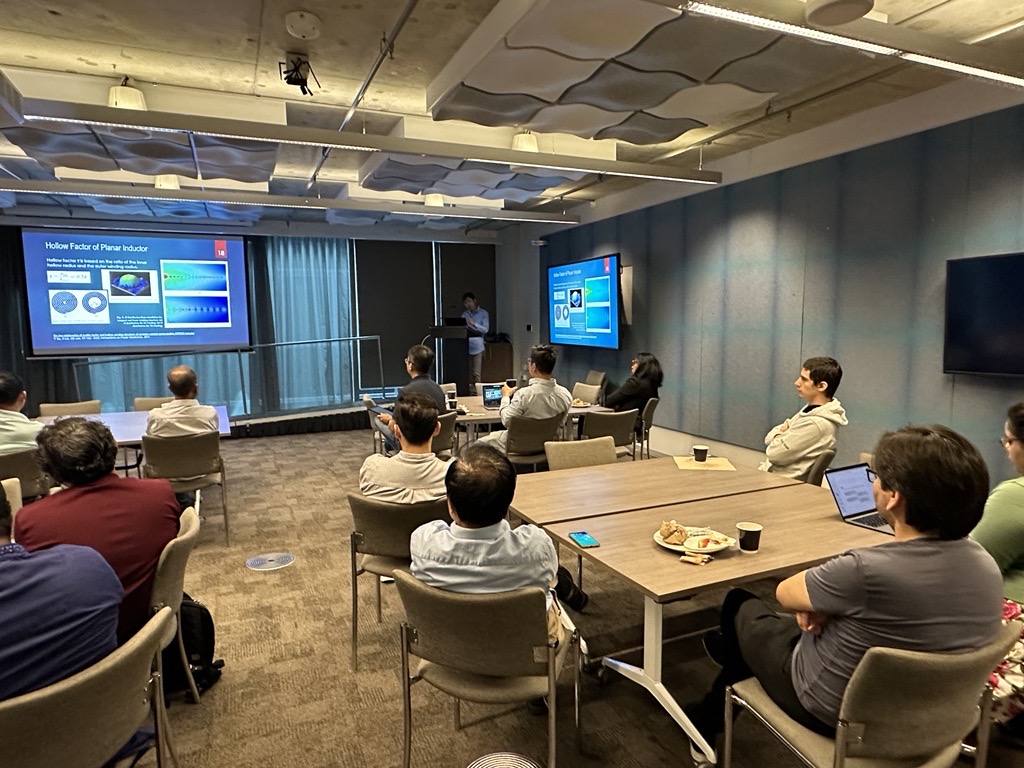
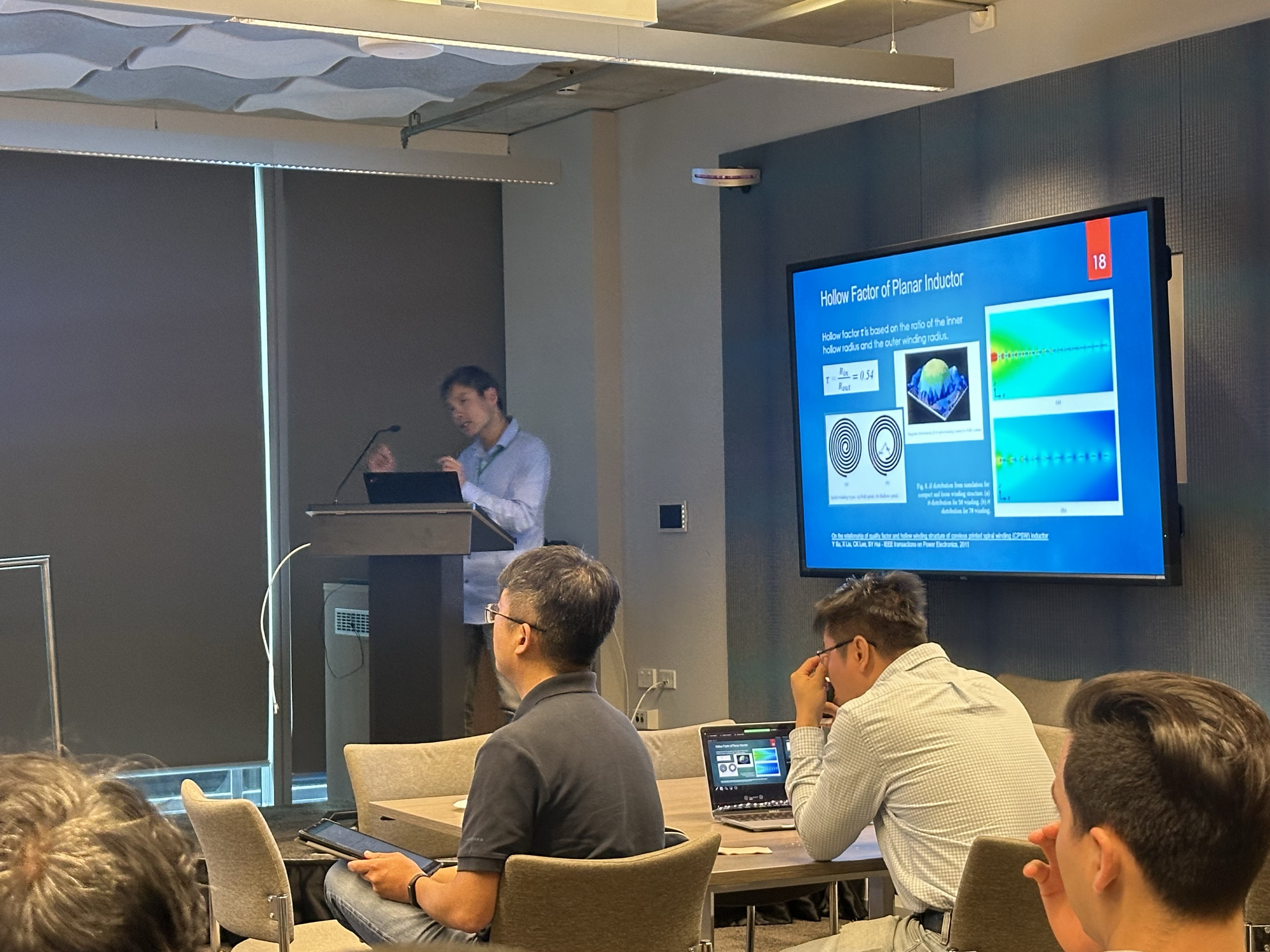
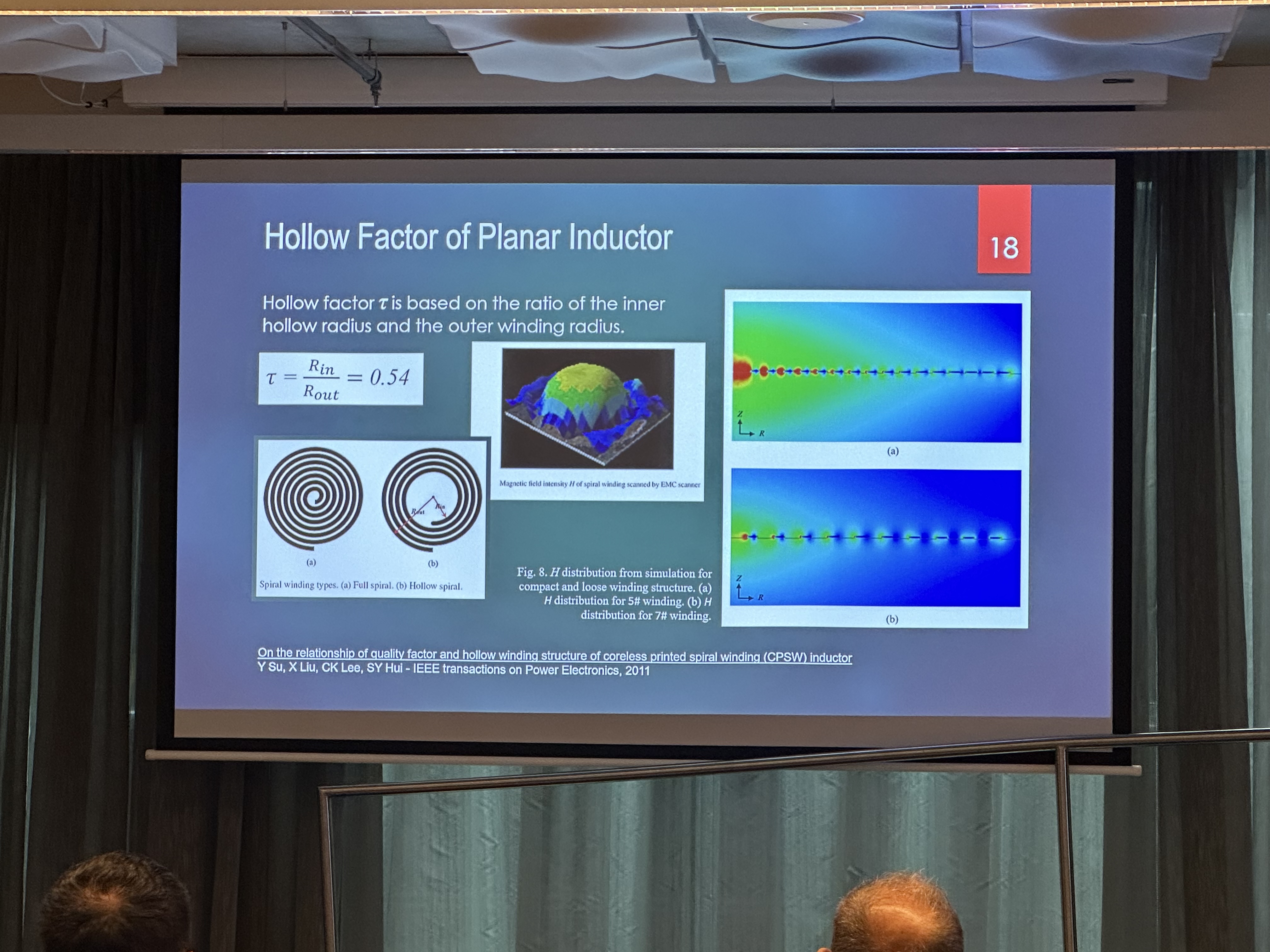
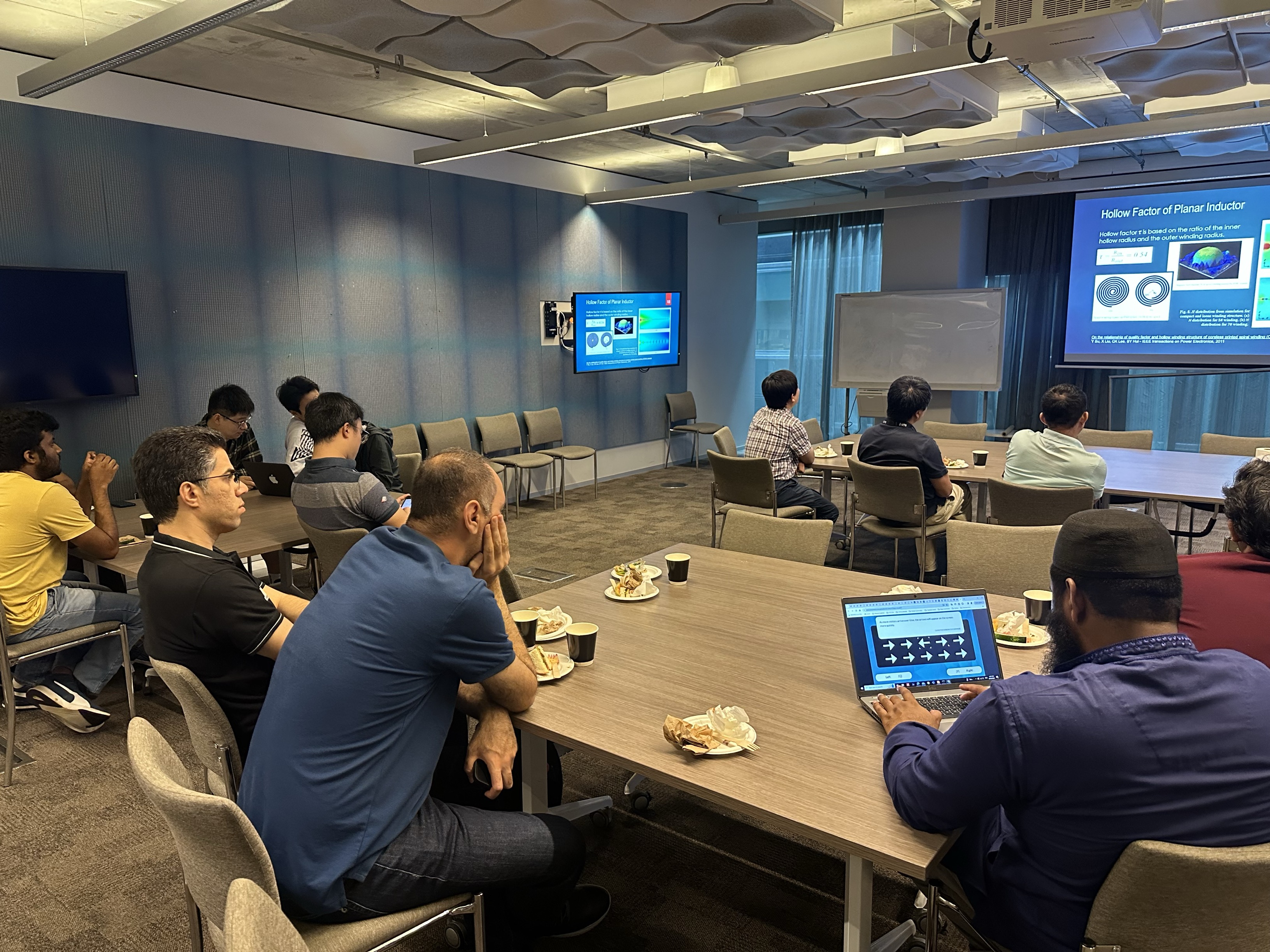
2023
UTS O-Day 2023!
Thank you for joining us at O-day at UTS and for making it such a memorable day! We are thrilled to have had the opportunity to meet and connect with so many new students, and we hope that you enjoyed the day as much as we did. Your enthusiasm and curiosity were truly inspiring, and we were impressed by the questions you asked and the insights you shared. We hope that you found our IEEE UTS Student Branch community to be welcoming, engaging, and informative. Remember that our community is here to support you on your journey as you explore the exciting world of engineering and technology. We encourage you to stay in touch and to participate in the events and activities that we have planned throughout the year. We look forward to seeing you again soon and to watching you grow and succeed as part of our community. Thank you once again for joining us, and welcome to the IEEE UTS Student Branch family!
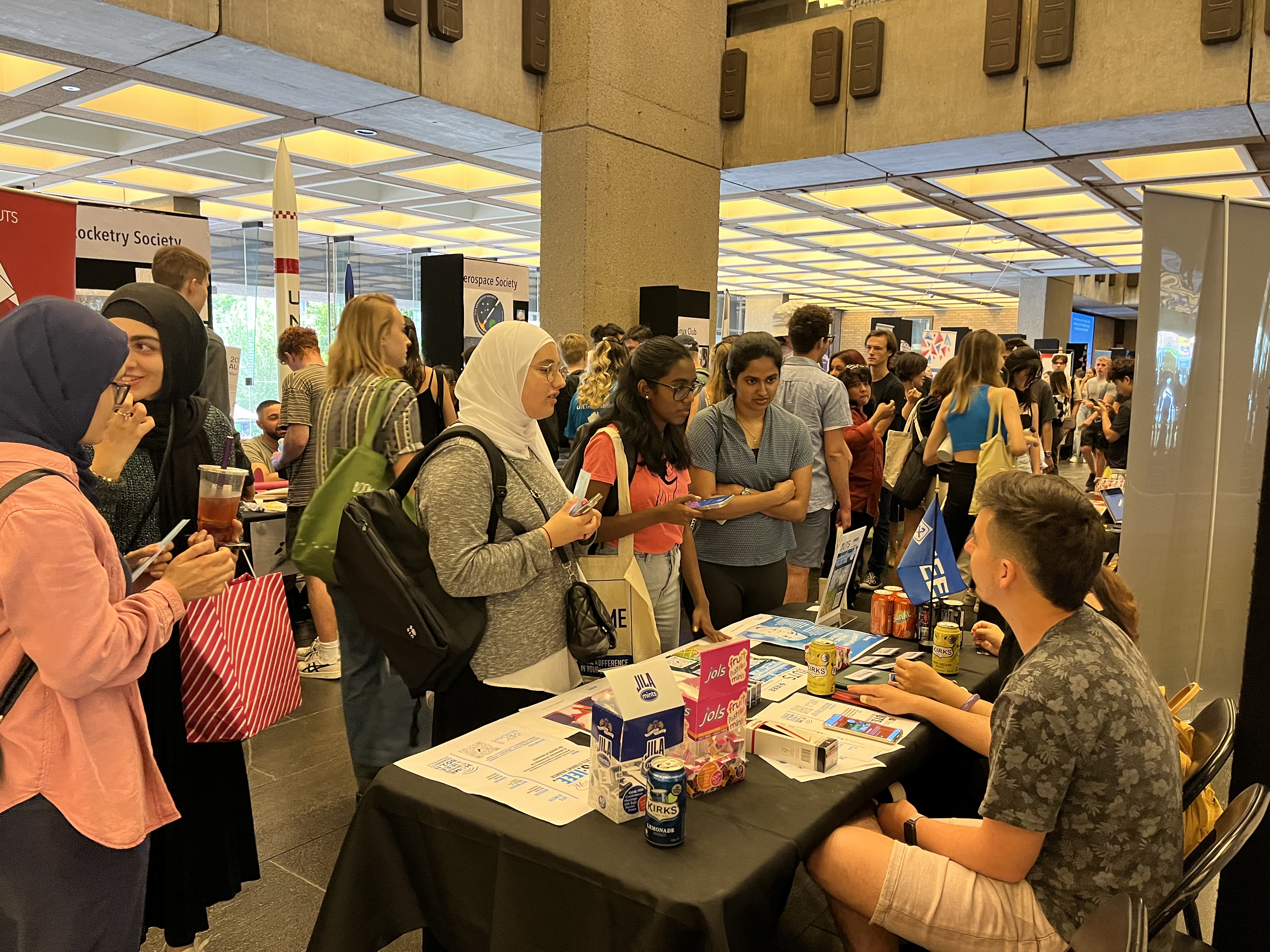
2016
Happy International Women's day!
On 8 March, we gave our fellow women in engineering a simple gift to remind them that they are special (flower, chocolate, and a greeting card). A lot of them were surprised and happy by our gesture, much more than that, we are more than happy to see them smile. Our simple way of giving tribute to all the wonderful women in our community. Happy International Women's day! Greetings from the IEEE UTS Women in Engineering Affinity Group

LaTeX Workshop achieved in October 2016
In October 2016, IEEE Student Branch at University of Technology Sydney organized another successful event this semester. The participants learned how to use LaTex software for writing research articles and thesis. Thanks to the presenter Mr. Hamid Ghous for sharing some efficient and time saving techniques to write research papers and thesis using LaTex.
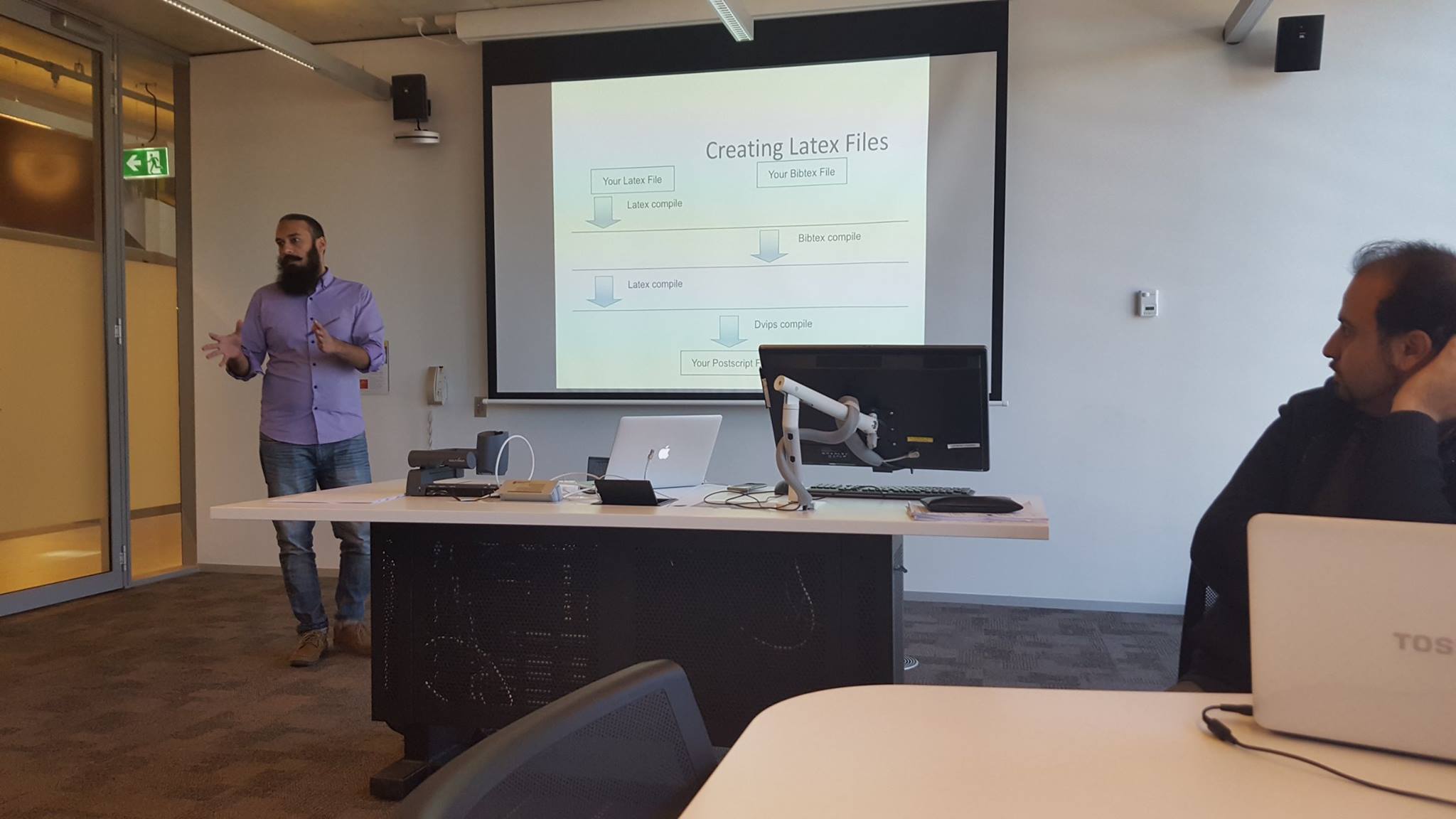
IEEE VTS Distinguished Lecture with A/Prof Marco Di Renzo from Paris-Saclay University
On 11 October 2016, a successful IEEE VST distinguished lecture was delivered with A/Prof Marco Di Renzo from Paris-Saclay University on Aystem-level Analysis & Design of Cellular Networks: The Magic of Stochastic Geometry (from modelling to experimental validation).
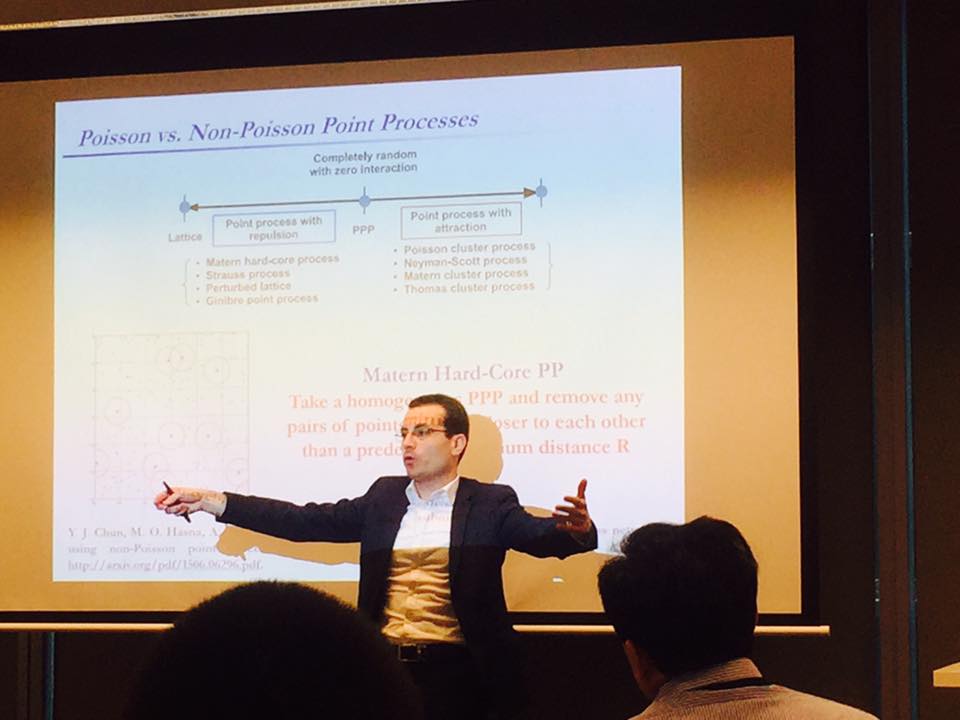
Election for Interim Executive Committee Finished
Congratulations! We have successfully finished 2016 Interim Executive Committee election for IEEE UTS student branch. Eleven committees are appointed to work until the next cycle. The inaugural meeting was held in June.
